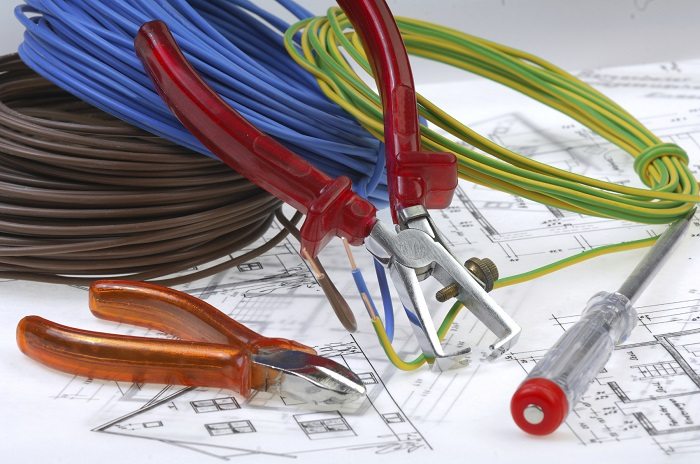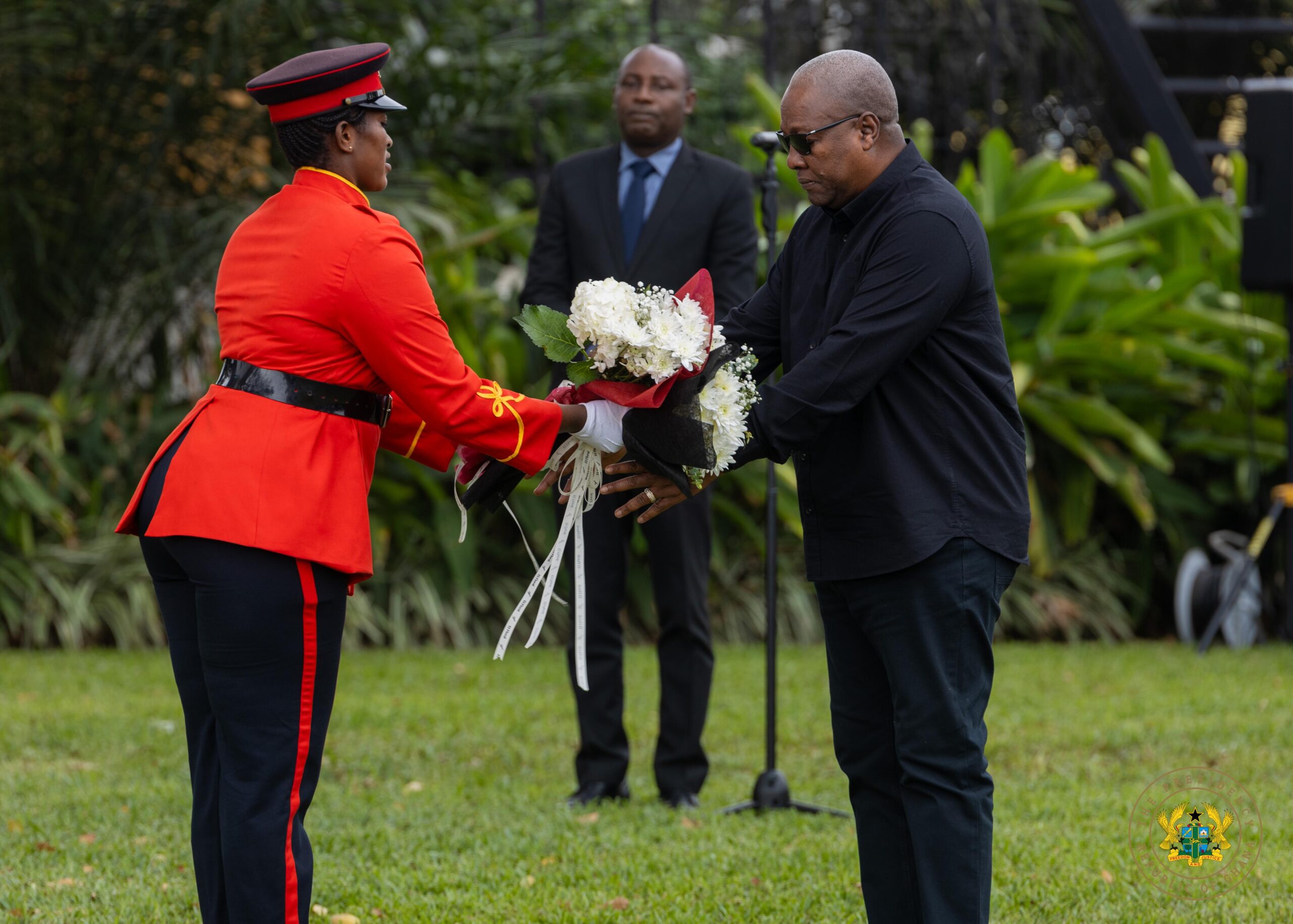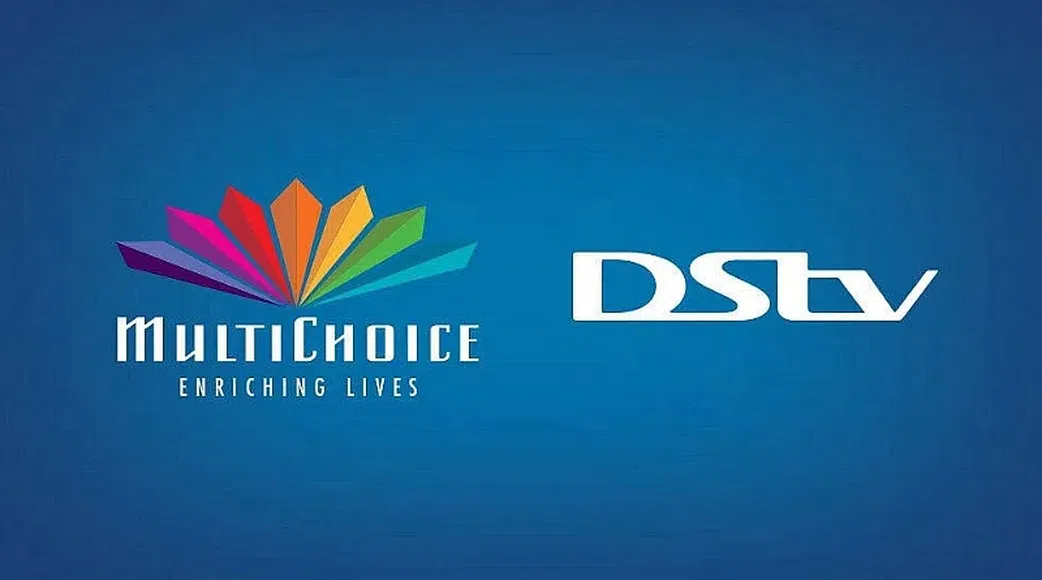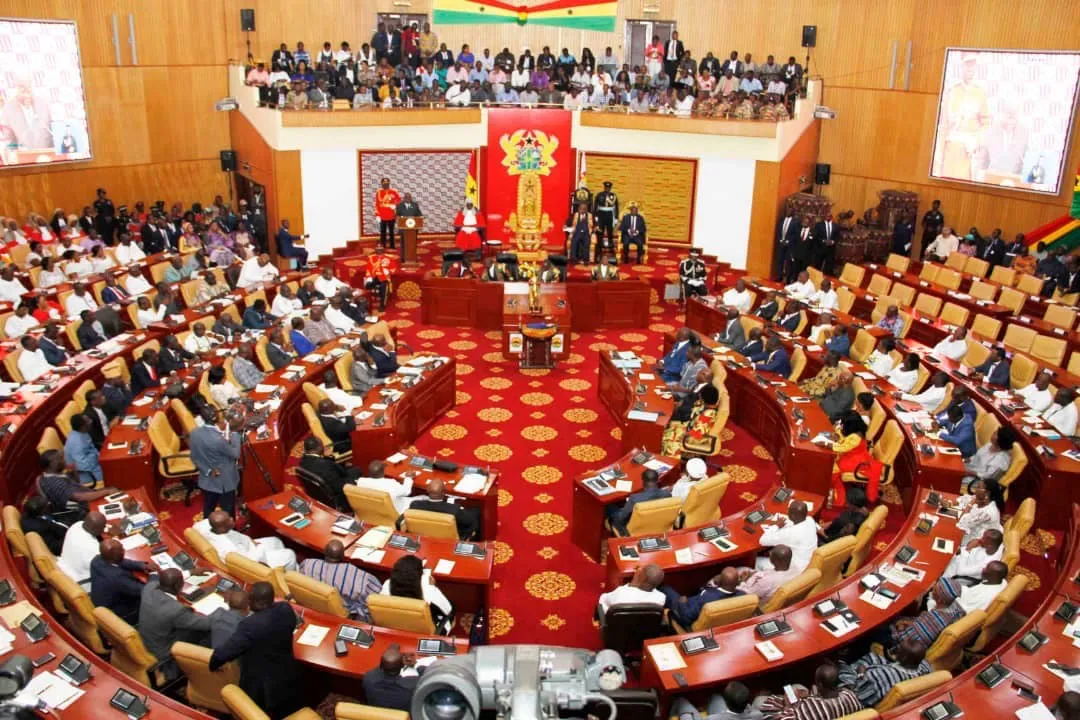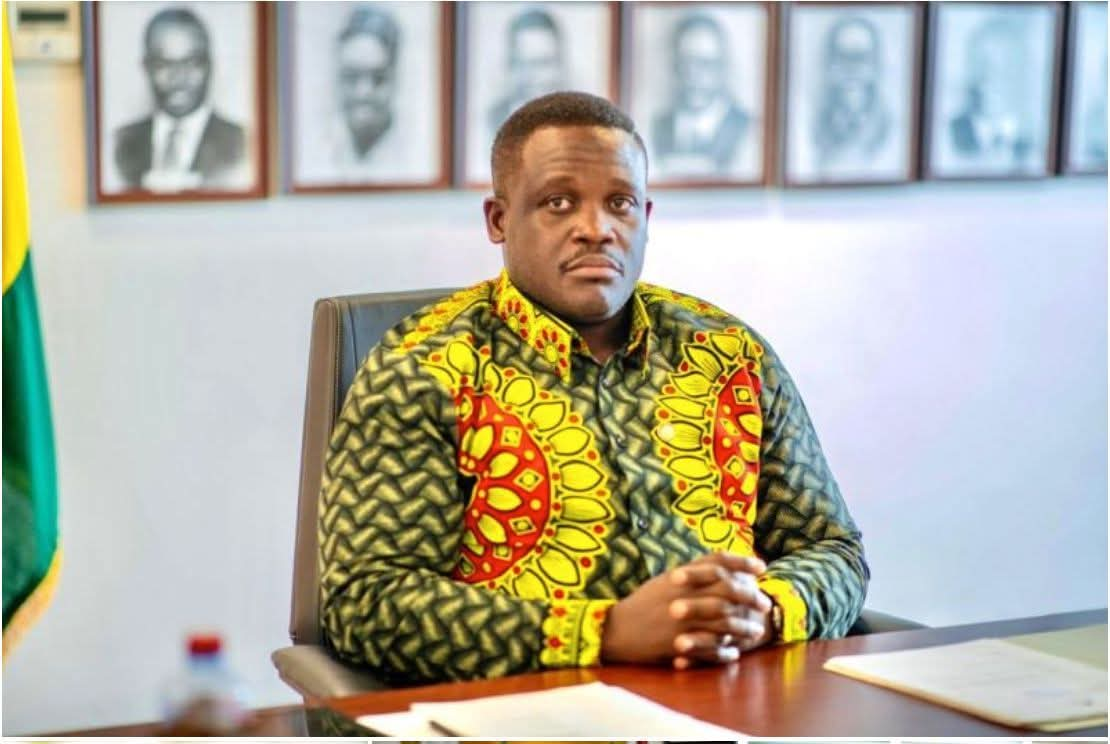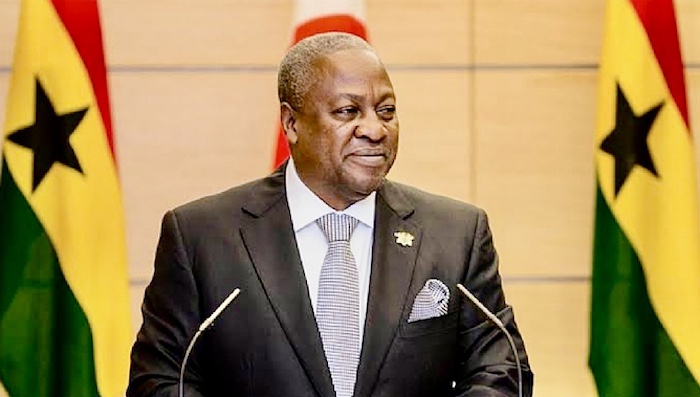New mobile authentication system targets multi-million-cedi counterfeit cable trade
The Ghana Standards Authority (GSA) has launched a Digital Conformity Pilot Project in Accra to curb the sale of fake and substandard electrical cables a problem industry experts estimate costs Ghana millions of cedis annually in fire damage, appliance destruction, and inflated insurance claims.
Counterfeit electrical products have long plagued Ghana’s market, with substandard cables linked to thousands of household and business fires each year. Data from the Ghana National Fire Service shows that electrical faults accounted for over 1,200 fire incidents in 2024, causing property losses valued at more than GHS 48 million. Beyond the loss of life and property, the proliferation of fake products undermines fair competition and erodes trust in the local manufacturing sector.
The new pilot programme allows consumers to verify product authenticity instantly using a mobile app before making a purchase. Each certified product will carry a secure code that, when scanned, confirms compliance with national safety standards. This move, according to GSA Board Chairman Hudu Mogtari, represents “a revolution in consumer protection and market surveillance” by leveraging technology to enforce standards.
Chief Commercial Manager at the Ministry of Trade, Agribusiness and Industry, Kofi Addo, noted that the system will not only save lives but also strengthen the business environment by protecting genuine manufacturers from unfair competition.
Industry watchers say the initiative could have ripple effects across the economy. Insurance companies may face fewer claims from fire damage, importers and distributors of certified goods could see demand rise, and the government could save on post-disaster interventions. Analysts also note that greater consumer confidence could boost sales volumes for compliant manufacturers, incentivising investment in quality control.
While the pilot phase covers only electrical cables, the GSA plans to expand the system to cover other everyday items from home appliances to building materials creating a broader safety net for consumers and raising the overall standard of goods in the Ghanaian market.
If fully implemented nationwide, the project could help position Ghana as a regional leader in digital product verification, attracting partnerships and potentially boosting exports of locally manufactured certified goods.

